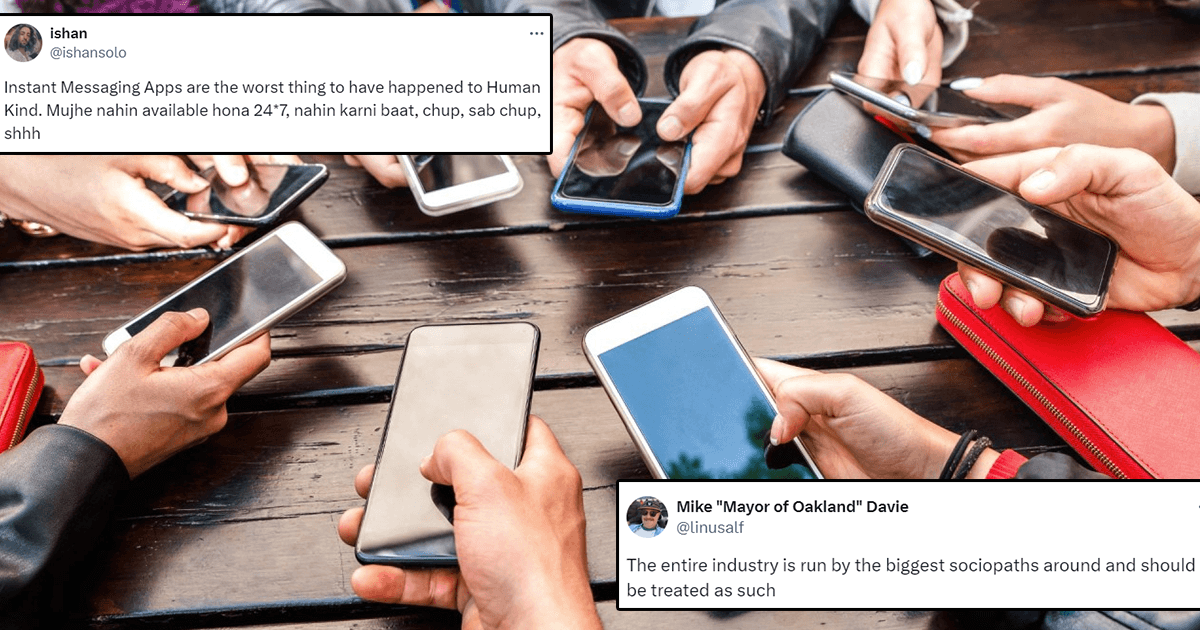No matter how hard we try but if we are on the Internet, there is no such thing as perfect security. No matter who you are or where you are in the world, you can’t escape from hackers looking for your personal data. However, there is something you can do to protect yourself in this situation.
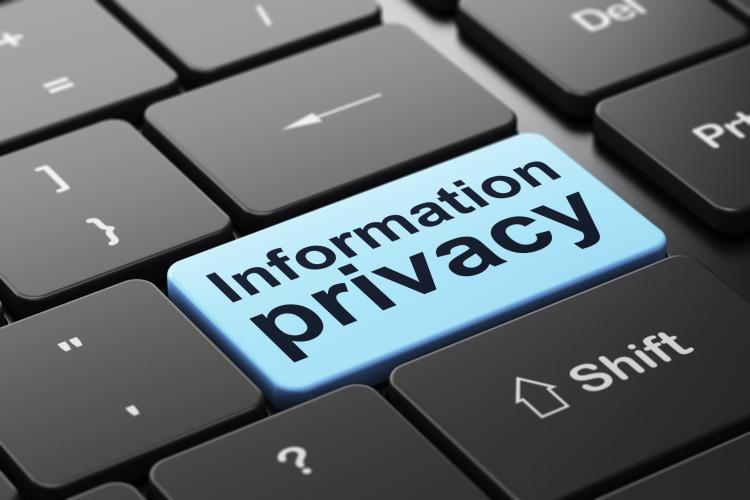
1. Leaving your social privacy settings on Public.
We all use social accounts, but what we don’t realise is that those networks have a lot of information about us. To your surprise, most of this information is by default visible to anybody on the Internet. That is why it’s recommended that you check your privacy settings. You must decide what information you want to share with strangers versus your friends or even nobody but you.
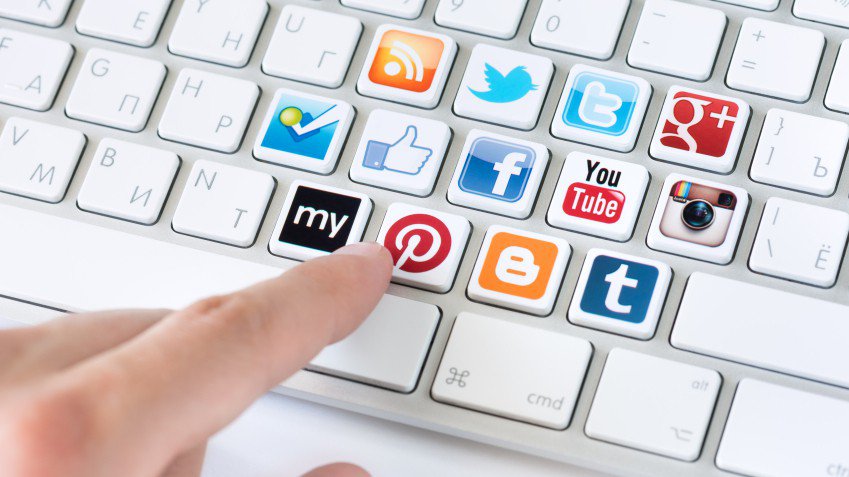
2. Using public Wi-Fi.
If you often connect to a public network like a Wi-Fi hotspot of a coffee shop or anywhere else, you should be aware of the fact that these networks are monitored and extremely risky. Browsing on these networks may expose your personal information, including your usernames and passwords to a hacker.
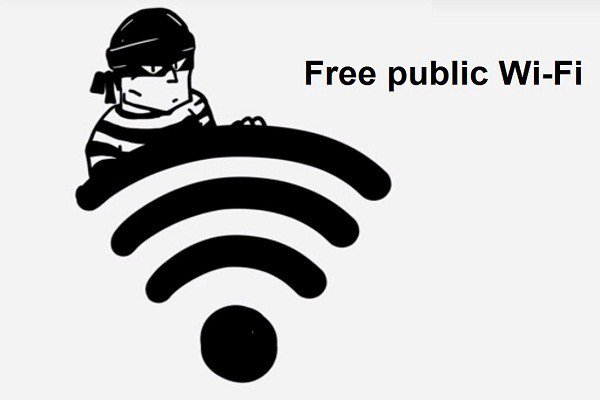
3. Using Google to search for banking websites.
It is highly advisable not to search for your banking website on Google. Instead, enter the official URL of your bank to access site while ensuring your privacy. Wondering why you should do it? Well, with phishing websites increasing drastically, you might enter your login credentials on a fake website that might just look like the official site but could be a phishing site instead.
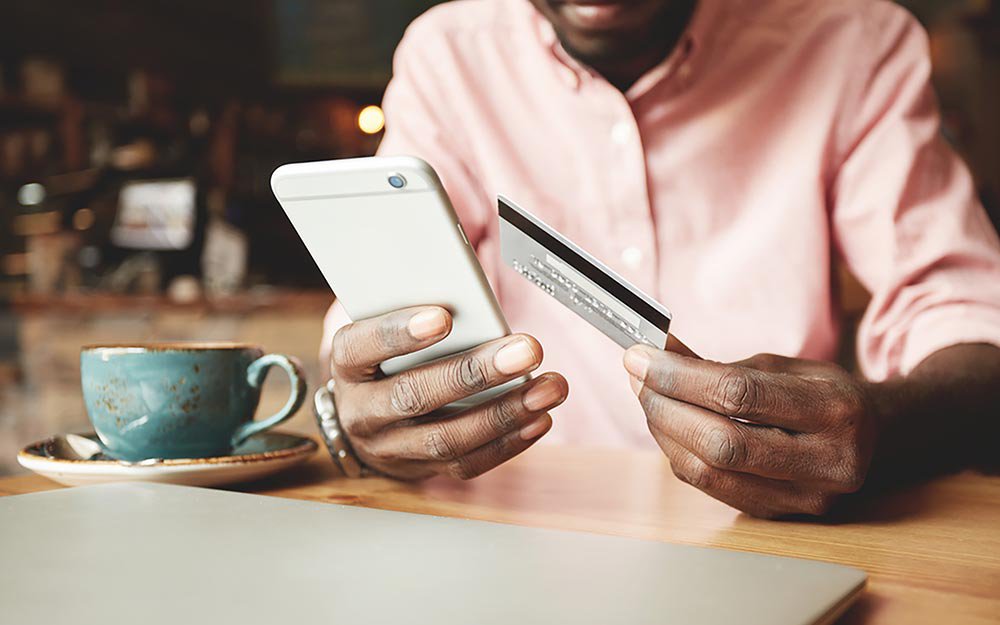
4. Using messaging apps without any end-to-end encryption.
Today, most of the messaging apps use encryption, however, in many cases it’s encryption in transit. It is when messages are decrypted on the sender’s end and stored on the service provider’s servers. But what if someone hacks those servers?
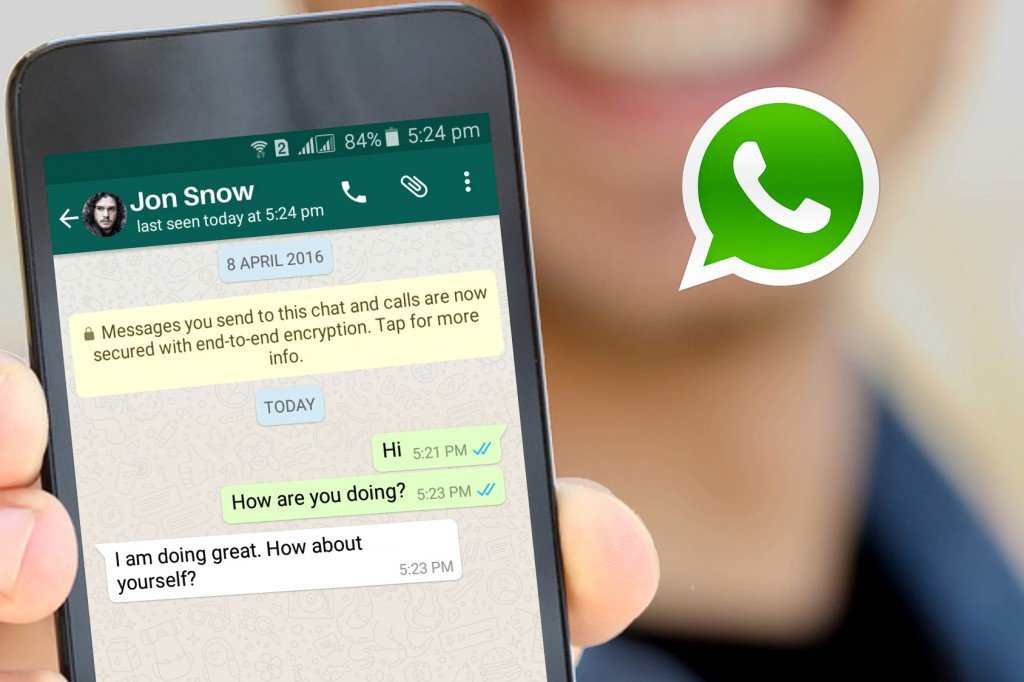
This is why you should take the risk and chose end-to-end encryption. That way, even the messaging service provider can’t see your conversations. Do keep in mind that by default messengers like Facebook Messenger, Telegram and Google Allo do not use end-to-end encryption. Make sure you enable it manually.
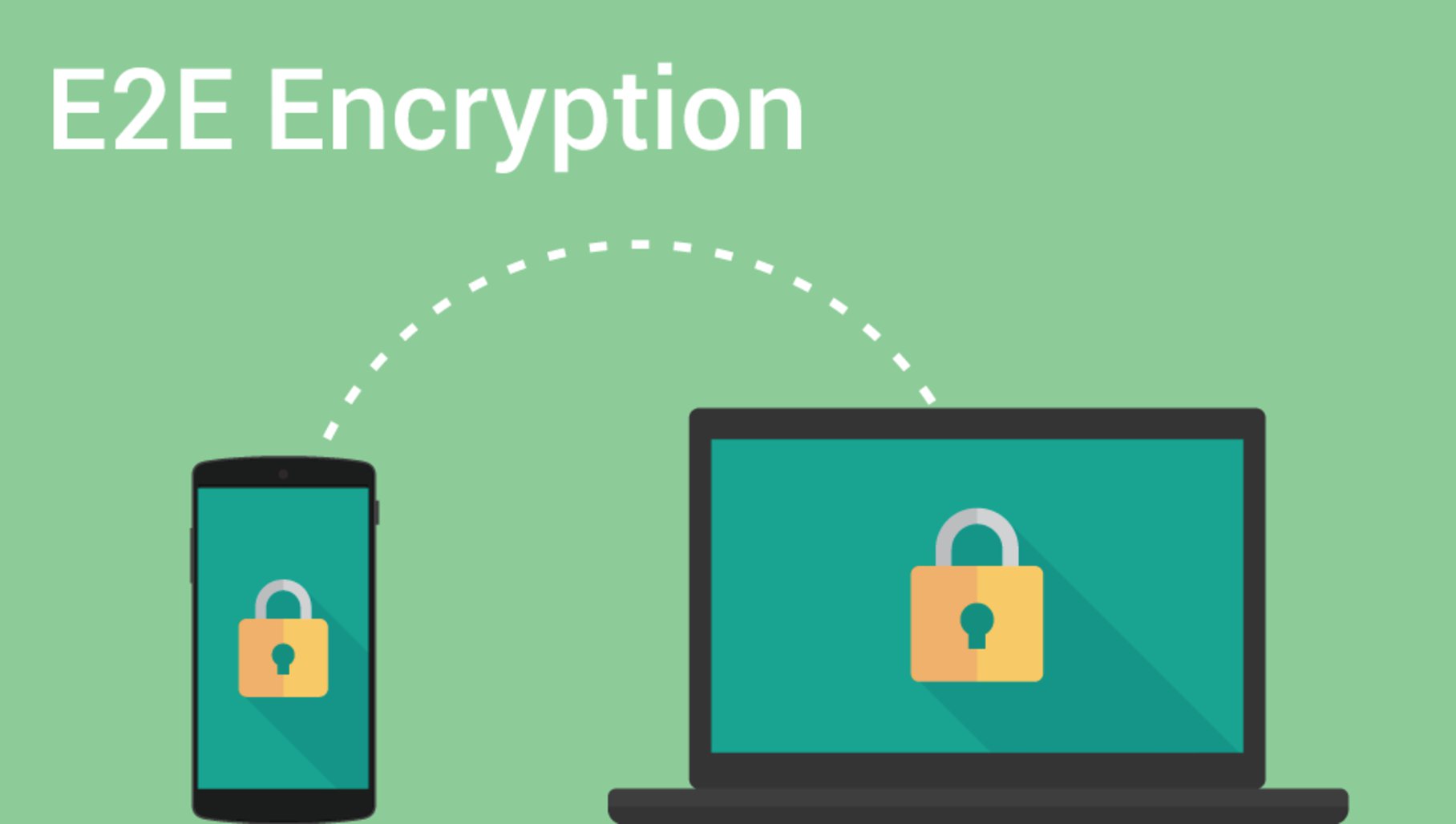
5. Using the same, or repetitive passwords for every account.
Using a strong alphanumeric password is important, but what’s more important is that your every password should be unique for each account.
If you think it’s hard to remember all the passwords, you can use a password manager like LastPass, 1Password or Dashlane which will generate strong and unique passwords for you. Once you set strong and unique passwords for each account, it’s not necessary to change them often.
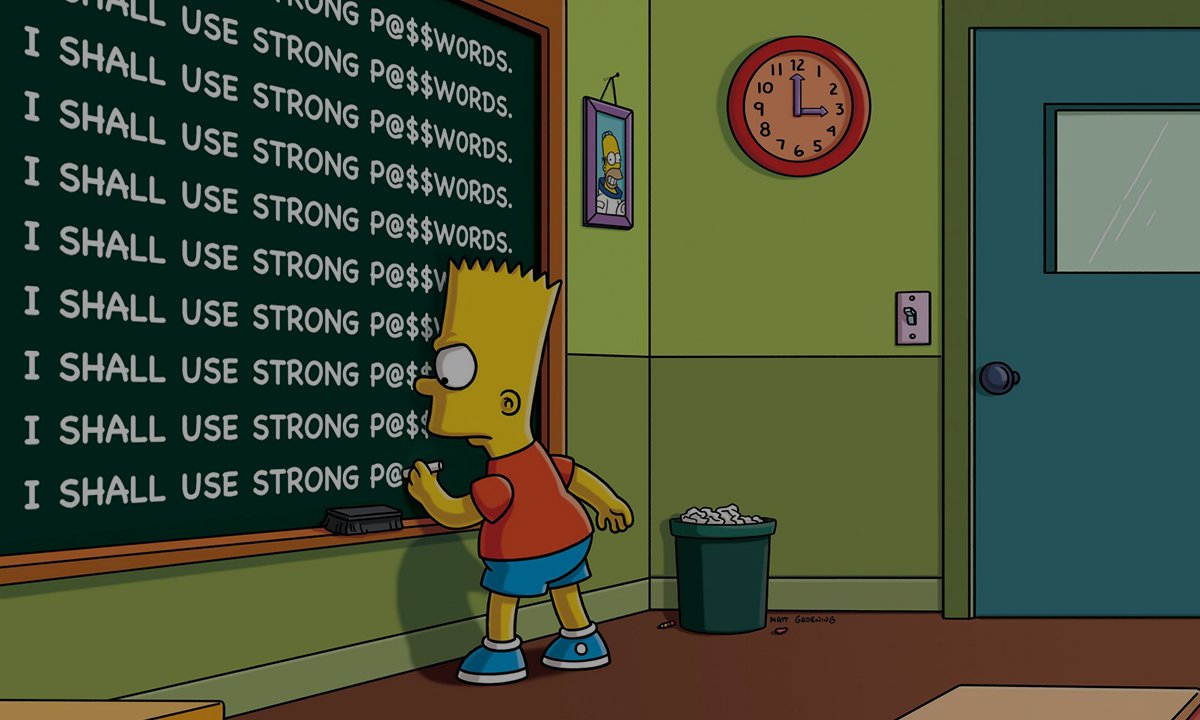
6. Not reviewing permissions on your mobile apps.
Every time you install a new app, it will ask you for some permissions to access your phone’s data. This data can be your contacts, photos, camera or even the phone dialer. This is where you need to be careful about the permissions of apps as a single rogue app can punch a hole in your privacy protections.
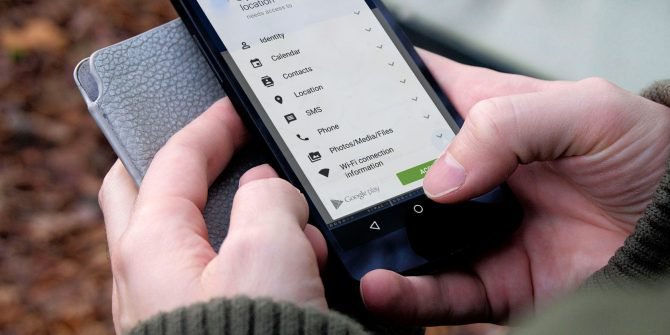
Take flashlight, an led flash app that whipped up a privacy storm. For such a simple app, it required access to almost all the data of your phone. Remember, an app is never free, you’re paying for it in some other way and usually it’s with your data.
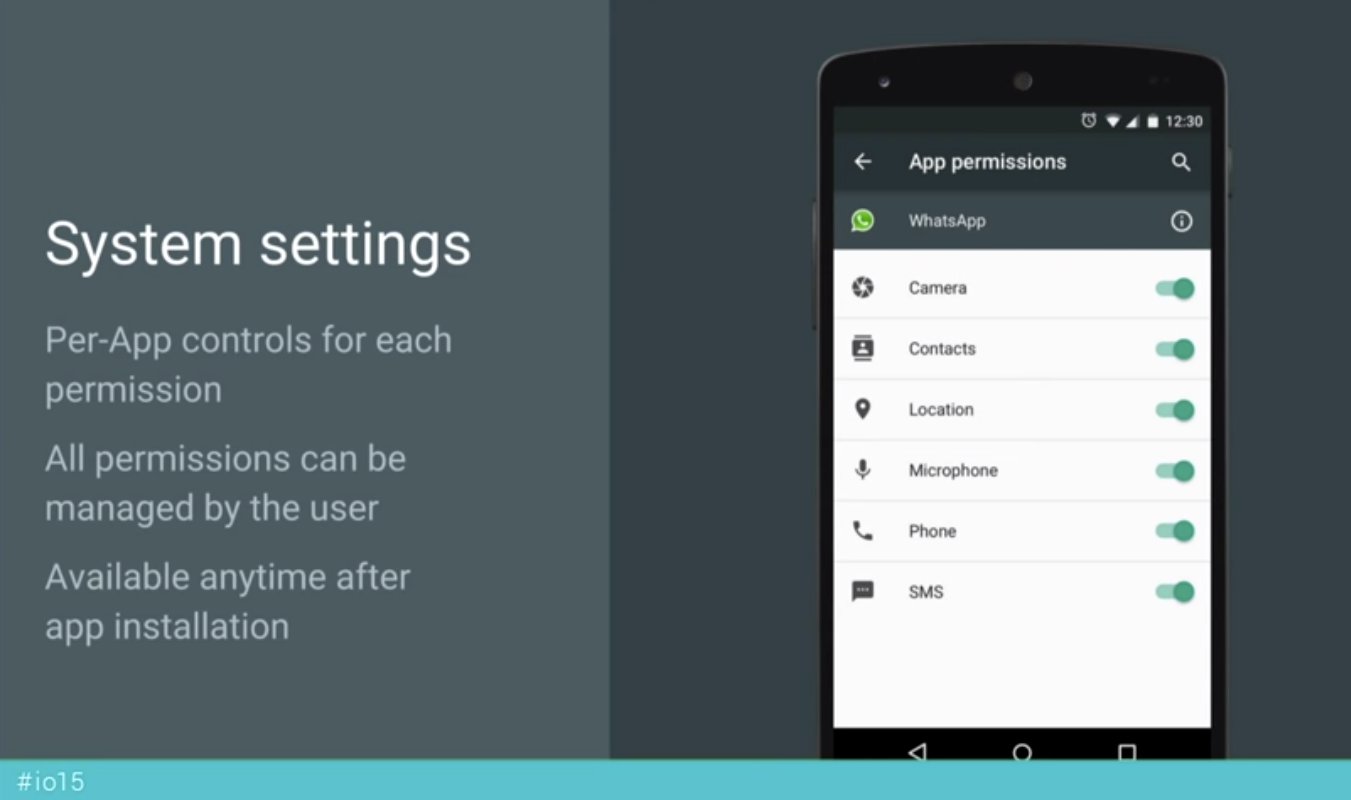
7. Using the regular browsers instead of replacing it with Tor.
In today’s world, browsing is often at the heart of what most people do. But while browsing, keep in mind that advertising networks will track you, your internet provider will keep a log of all the pages you visit and hackers will try to target you. While no browser is perfect, some are better than others.
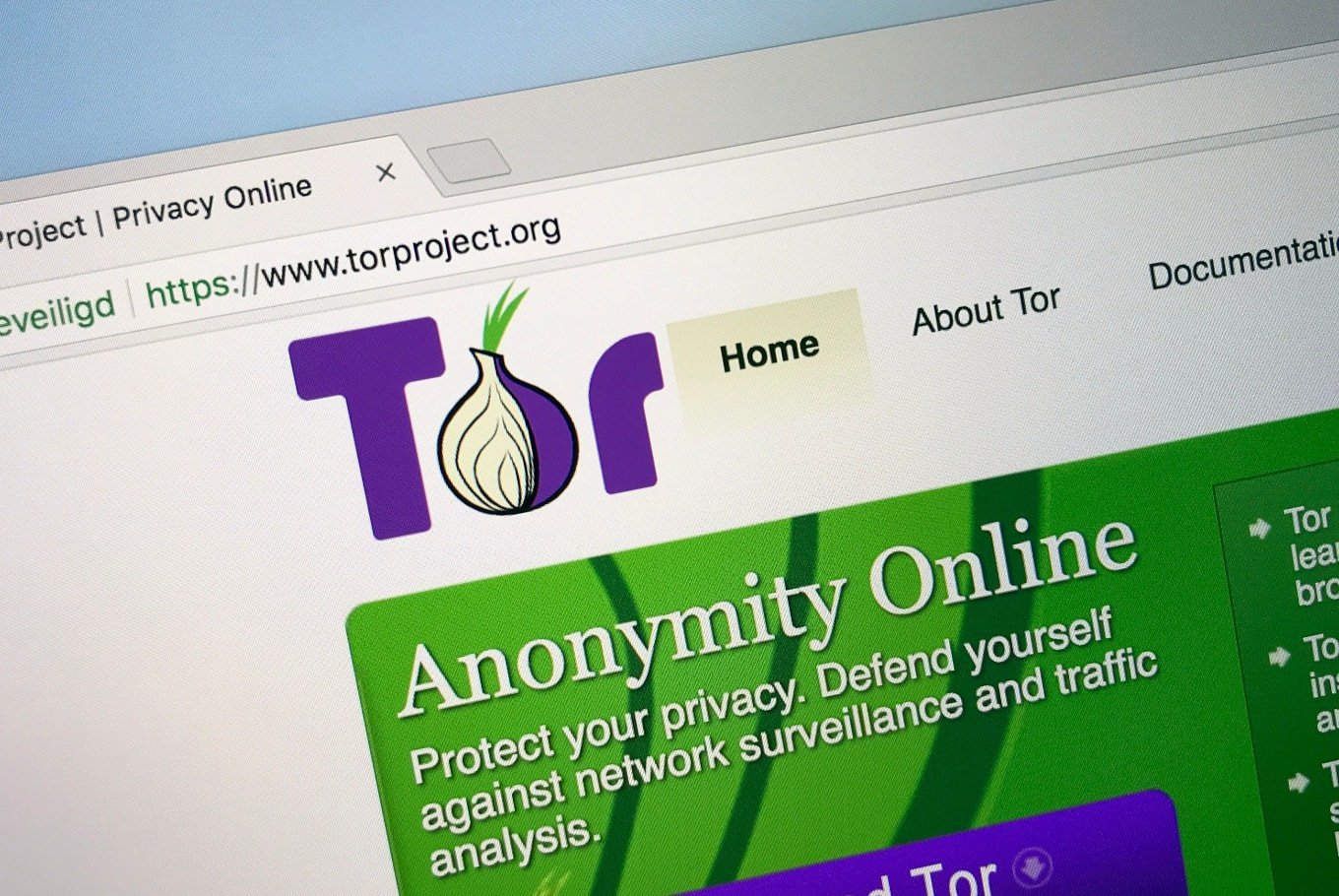
When it comes to privacy, consider using the Tor browser. It is just like your regular browser but it comes with some additional privacy benefits. The browser lets you use the Internet anonymously by bouncing traffic through multiple relays.
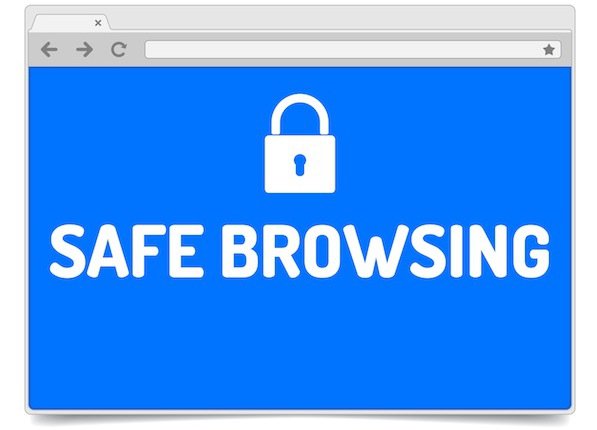
8. Not updating your device regularly.
We all know people who never update their device with latest software version. It might seem unnecessary but the latest updates bring latest security patches with them. However, look for people’s review before installing the update as it might have some bugs.

9. Ignoring the two-factor authentication.
With a lot of social networking network and a ton of features to use, people often ignore the privacy threat they face everyday. Before using a social network, one must turn on the two-factor authentication. With some basic steps you can enable it which adds an extra layer of protection to your accounts. Wondering how it works? Well, once you enter your password, you will get a unique code on your phone which will make sure it’s you.
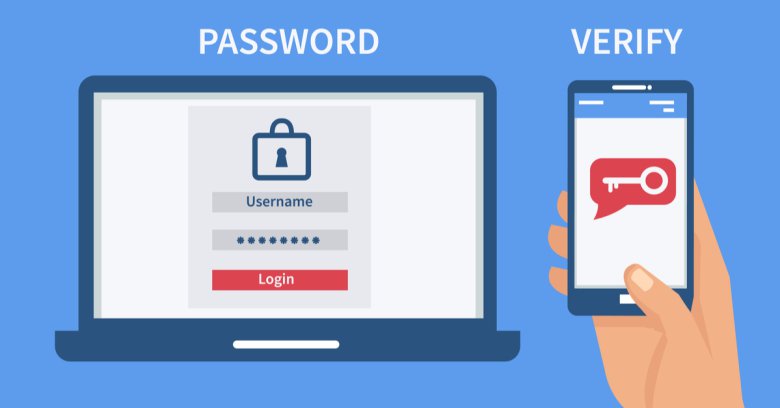
10. Saving your passwords on the cloud.
You should encrypt all your data to ensure privacy. However, to make life easier, some services allow you to upload your encryption keys on cloud just in case you forget your account’s log-in credentials. But is it helpful? Maybe, but it’s a huge risk to your privacy if it gets leaked.
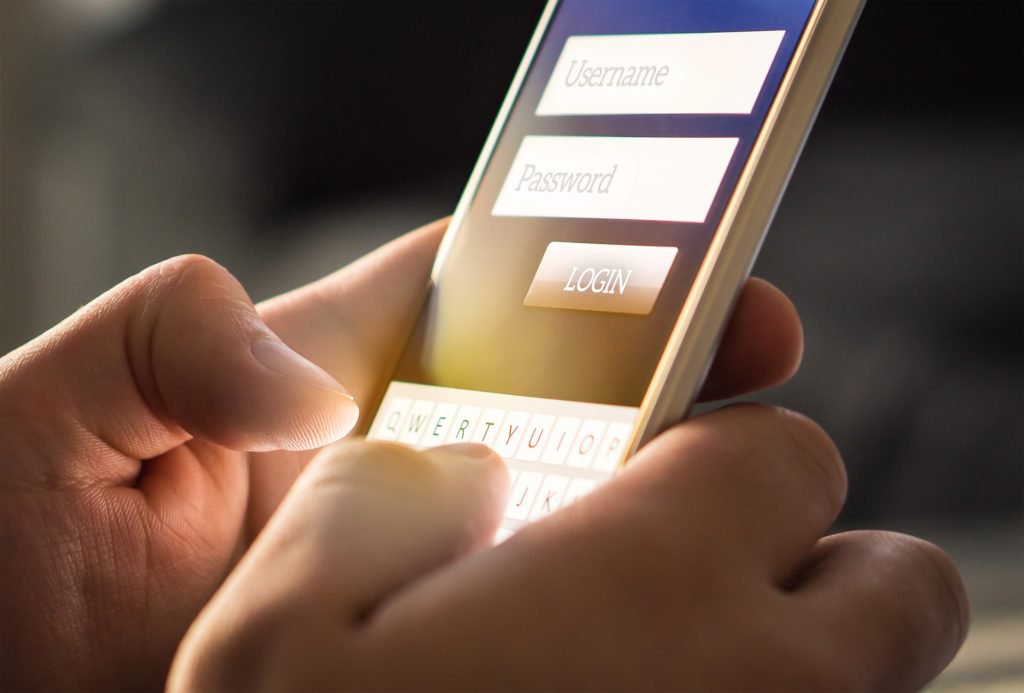
How many of these mistakes were you committing till now?






